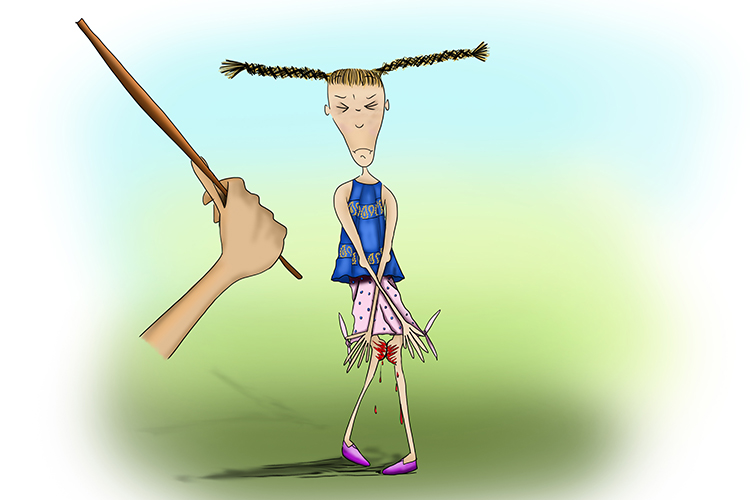Kidney disease
Sometimes, kidneys can become diseased or damaged, making them less efficient at filtering out wastes from the blood, or unable to filter at all. Toxins will then build up in the blood.

Disease of a kidney and damage to a kidney, when they are long-term, are both called ‘kidney disease’.
The most common causes of kidney disease are:
1. High blood pressure
2. Diabetes
3. Cardiovascular (heart and blood vessel) disease
High blood pressure: When the force of blood flow is high, blood vessels stretch. This stretching will eventually scar and weaken blood vessels throughout the body, including those in the kidneys.
When the kidneys’ blood vessels are damaged in this way, they may stop removing wastes and extra fluid from the body. Extra fluid in the blood vessels can then raise blood pressure even more.
Diabetes: raises the blood sugar (glucose) level in the body. The increased glucose causes some proteins in the kidneys’ glomeruli to link together, triggering localised scarring. As the condition worsens, scarred tissue gradually replaces healthy kidney tissue. The kidneys become less able to filter blood and waste builds up in the bloodstream.
With cardiovascular disease, when the heart is no longer pumping efficiently it becomes congested (overfilled) with blood. This causes pressure to build up in the main vein connected to the kidneys, leading to greater pressure of blood in the kidneys, which causes damage. The kidneys also suffer from the reduced supply of oxygenated blood.

The kid’s knees (kidneys) were in a terrible state because she had suffered dire beatings (diabetes). She knew she was about to get another beating, which caused her heart to beat strongly (cardiovascular), which in turn gave her high blood pressure.
Other factors that can damage kidneys
Kidneys can also get infections, can be damaged by certain drugs, or be directly injured, resulting in loss of function.




